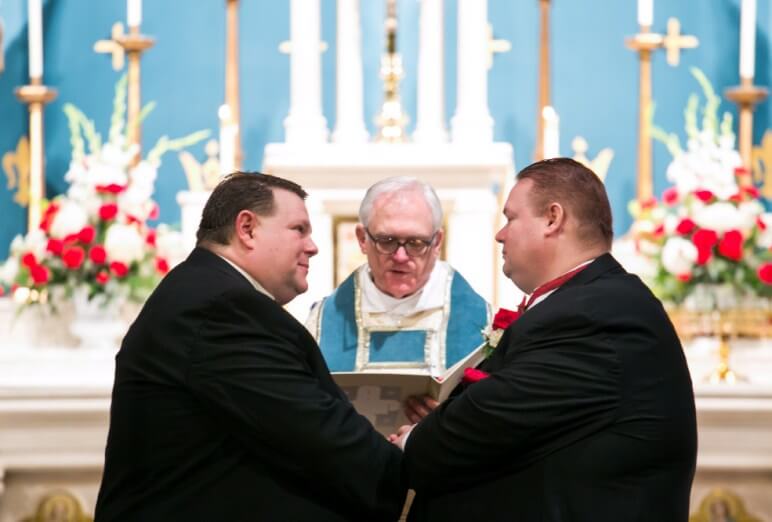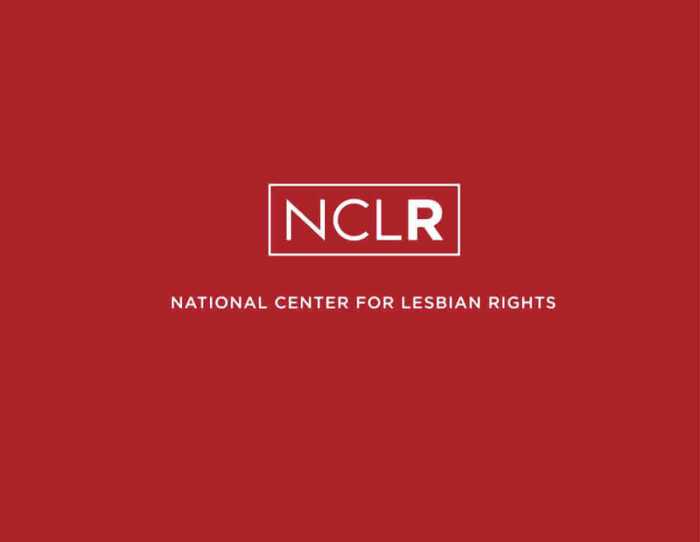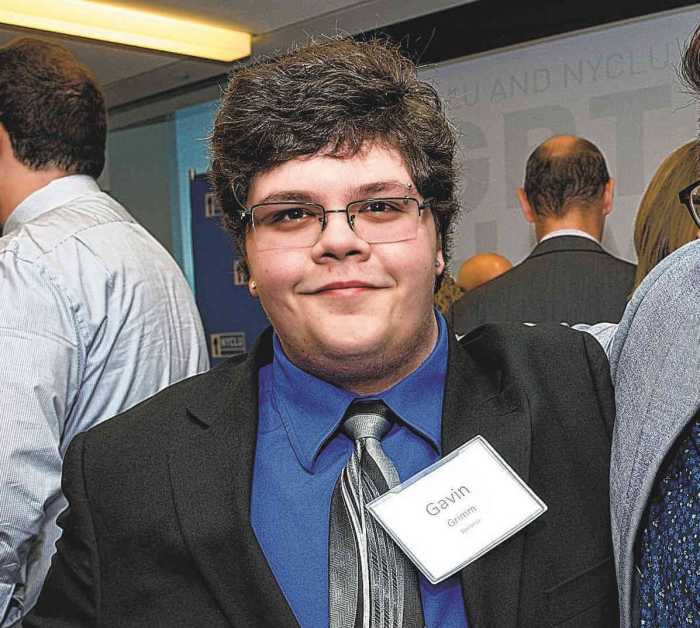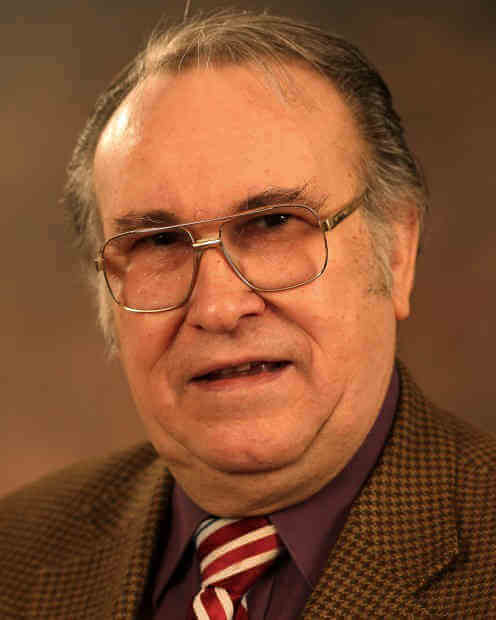A three-judge panel of the Chicago-based Seventh Circuit Court of Appeals ruled on August 31 that a gay man fired as music director by a Catholic church after he married his boyfriend can sue the church on a claim he was subjected to a hostile work environment by his supervisor, a priest, because of his sexual orientation and physical disabilities.
The US Supreme Court has defined a “ministerial exception” to anti-discrimination law — based on the First Amendment’s Free Exercise of Religion Clause — that protects religious organizations from being sued about their decisions to hire or terminate employees who can be described as “ministers,” a category broad enough to include a music director responsible for liturgical hymns used in services.
Here, however, the appeals panel voted 2-1 that the ministerial exception does not apply to an employee’s claim that his employer has subjected him to a hostile work environment for reasons prohibited by anti-discrimination laws.
Court of Appeals finds that “ministerial exception” shields hiring and firing choices, but not severe punitive treatment on the job
The church, St. Andrew the Apostle in Calumet City, Illinois, hired Sandor Demkovich to be its music director in 2012, by which time he had been living with his boyfriend for more than a decade. He suffered from diabetes and a metabolic syndrome and was overweight, conditions that could be deemed disabilities covered by the federal Americans with Disabilities Act (ADA). The church was aware of these physical conditions when it hired Demkovich.
There were no complaints about his performance as music director, but he was fired in 2014 after he refused a demand by his supervisor, Father Jacek Dada, that he not go through with his plan to marry his partner with the advent of marriage equality in Illinois
In his lawsuit, Demkovich contends that Dada subjected him to a hostile work environment during his employment based on his sexual orientation and his disabilities. In his complaint, Demkovich claims that the nasty comments and epithets escalated as the date of his marriage ceremony approached. After the marriage ceremony, Dada demanded his resignation, and when Demkovich refused he was fired.
Demkovich’s lawsuit does not challenge his firing, for which the church would have no liability because as music director he was clearly a ministerial employee under Supreme Court precedents.
However, Demkovich claims that St. Andrew violated the Title VII employment protections of the 1964 Civil Rights Act and the ADA under the hostile work environment theory first recognized by the Supreme Court in 1986. Under this theory, if an employee is subjected to such severe or pervasive harassment that his ability to do his job is adversely affected, the employer may be liable to him for damages, particularly when a supervisor is the source of the harassment. Though courts have struggled with where to draw the line on the severity of the harassment, since it need not be so bad that any reasonable person would quit, Demkovich’s allegations are sufficient under existing precedents, the appeals panel found.
St. Andrew moved to dismiss the case at the district court level, invoking the ministerial exception and arguing that under the First Amendment it is not subject to any restrictions on how it treats its employees under Title VII or the ADA.
US District Judge Edmond E. Chang dismissed the Title VII claim but allowed the ADA claim to proceed, evidently crediting the argument that Demkovich’s Title VII claim was invalid because Dada had a right to act out of his religious beliefs regarding homosexuality and same-sex marriage, but that there was no religious basis to harass an employee because of his disabilities.
According to the panel opinion by Judge David Hamilton, the church “persuaded” Chang to “certify” to the Seventh Circuit a “broad legal question, not limited to the factual details of this particular case,” about whether the ministerial exception does “ban all claims of a hostile work environment brought by a plaintiff who qualifies as a minister, even if the claim does not challenge a tangible employment action.”
Under Supreme Court precedents, hostile work environment claims are “intangible employment actions” while hiring, firing, promotion, and disciplinary actions by employers are considered to be “tangible.”
St. Andrew was hoping to be relieved of potential liability under the ADA, but by posing the question was putting its victory on the Title VII issue in danger. The Seventh Circuit had already recognized that sexual orientation claims are covered by Title VII in a case from several years ago, and that position, of course, was bolstered on June 15, when the Supreme Court decided the Bostock case.
The panel divided 2-1 over how to answer the question. For the majority, it was clear that the Supreme Court’s ministerial exception decisions, which all involved wrongful termination lawsuits, did not extend to “intangible employment actions” such as hostile work environment harassment.
Judge Hamilton’s opinion acknowledges the Supreme Court’s underlying theory on the ministerial exception — that a religious congregation’s free exercise of religion must include its freedom to decide whom to employ as a minister of the faith. But he asserted that holding a church liable for subjecting its workers to severely hostile working conditions — especially conditions so severe they adversely affect an individual’s ability to perform their job — has nothing to do with the church’s decision whom to employ. As a result, the Supreme Court’s reasoning would not support allowing churches to mistreat employees in a way that would violate the law if done in a non-religious workplace — even if the mistreatment was motivated by the congregation’s religious beliefs.
The Seventh Circuit also confronted other arguments St. Andrew made under the First Amendment’s Establishment Clause, which bars the government from excessive entanglement with religion. The court noted that the ministerial exception does not shield churches from liability for breach of contract or for negligence and intentional infliction of harm. And, of course, the Catholic Church has been sued in locations worldwide for their priests’ sexual exploitation of children, and they have also been prosecuted by the state for criminal action.
Hamilton asserted that subjecting churches to Title VII lawsuits on hostile work environment claims — at least at the stage of a motion to dismiss a case — was no more onerous in terms of church-state entanglement.
Judge Joel Flaum, the senior member of the panel in his years of service on the court, dissented. Appointed in 1983 by President Ronald Reagan, Flaum is one of the most conservative judges on the circuit and he rejected the majority’s assertion that the ministerial exception should be limited to tangible employment actions, despite language Hamilton quoted from Supreme Court’s opinions supporting that view. To Flaum, subjecting the church to any judicial intervention on a personnel matter was a serious invasion of its religious freedom protected by the First Amendment.
The panel’s ruling not only confirmed Judge Chang’s decision to allow Demkovich to pursue his ADA claim, but also revived his Title VII claim, so the church’s gamble on escaping liability altogether has backfired, potentially broadening its liability. At the same time, the court was careful to state it was not deciding the merits of Demkovich’s claim, only whether the facts he alleged could, if proved true, provide a basis for imposing liability on the church.
Hamilton noted that lower federal court decisions — some pre-dating the Supreme Court’s ministerial exception cases — are divided about whether there is a distinction between tangible and intangible personnel actions taken by religious congregations. So, St. Andrew might be able to interest the high court in resolving this issue, especially in light of its members’ recent interest in the intersection of religion and anti-discrimination law.
Hamilton was President Barack Obama’s first court of appeals nominee in 2009. Judge Ilana Rovner, who joined Hamilton in the majority, was appointed to the court by President George H.W. Bush in 1992 but originally had been appointed to the district court by Reagan — ironically when Flaum was elevated to the court of appeals.





































